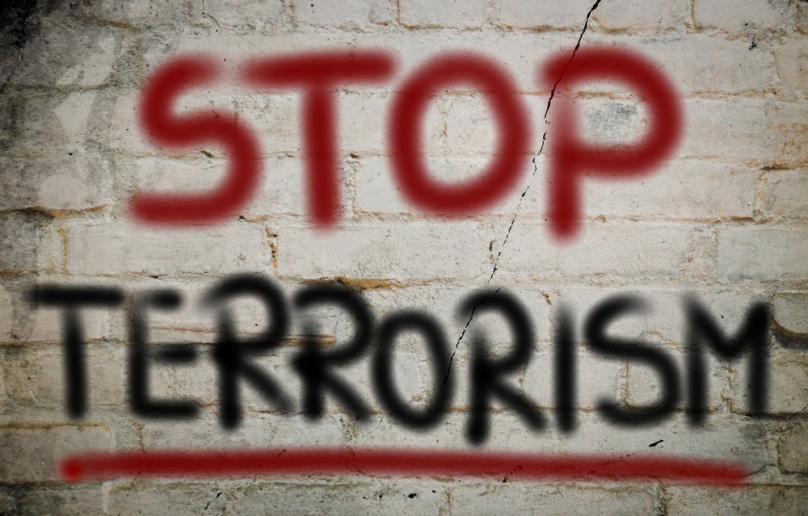
The world suddenly feels a bit more fragile this week. The deliberate killings across the United States that include several police officers see racial tensions rising again in the land of the free.
Eighty-four people are dead and hundreds injured after a lorry ploughed through crowds celebrating Bastille Day in the south of France.
A failed coup in Turkey has resulted in 6000 people being arrested, leaving a vast nation on edge.
There has been a significant increase in tension, so I am told by intimate friends in each of the three aforementioned countries, which is being felt tangibly in day-to-day relationships between neighbours.
Peace does not just happen. It doesn’t fall out of the sky into our laps. It is something that must be deliberately sought after and worked towards.
I was honoured to chair the churches’ social justice response to the 2012 Olympic and Paralympic Games in London. Our main thrust was helping young people to deliberately commit themselves to building communities of peace, as a reflection of the original purpose behind the ancient Games dating back to the 8th century BC.
During the lead-up to the 2012 Games there had been a rise in gangs visibly gathering on London’s streets. In the midst of this setting, Christian leaders worked tirelessly to remind the hearts and minds of young people that the original reason of the Games was now to be their unique calling, and that this would require deliberate action to build peace between conflicting communities.
Where focus on the Olympic Truce had been reduced previously to seven days before and after the Games in other host cities, London embarked upon 100 days of peace: 50 before and 50 after the entire games. Habits, we realised, are better formed over 50 days than over seven. Brazil has taken up this baton and is now running with 100 Diaz de Paz (100 Days of Peace).
When peace is eroded and local, national or even religious communities are faced with tension and misunderstandings, what should our response be? The easiest route to take is to shy away, but the Gospel compels us in the midst of strife to make an increased effort to engage with others even more acutely.
I have been growing in spiritual friendship over the past couple of years with a Muslim lady. I recently invited her to attend Mass with me. She has now attended twice, on both occasions bringing another Muslim sister along with her. On both occasions, each one attending has been deeply moved and challenged by the warm welcome they have received, as well as by the message of God’s tenderness and merciful compassion that they have heard and experienced within the setting of the Mass – their words, not mine.
As an adoptee, I recently met for the first time with five of my eight half siblings, all of whom are Sunni Muslims. I am the first Christian that they have ever conversed with about the person of Jesus Christ. Their prior understanding of who Christ is and what Christians believe was wholly erroneous. Imagine their surprise as I went about explaining the unconditional love of our eternal father who meets us where we are, not with judgment but with a heart overflowing with mercy.
In both of these encounters, my life was more united with those around me. This was achieved not by shying away or entertaining despair but rather through deliberate action and engagement, knowing that I might get my words wrong or fail to present the Gospel in all of its fullness. I enabled Jesus, the Prince of Peace, to enter into the circumstances, and a peace the world cannot give began to reign.
How we approach a fragile world has not changed. There are some news reports of unprecedented numbers of Muslims converting to Christianity, particularly as many enter Europe and hear the Gospel for the first time.
If Christ is who he claims to be, then why should we be surprised when time and time again we hear of Jews, atheists, even Satanists coming into personal relationship with Jesus with literally life-changing consequences?
As we become recipients of God’s mercy, which is able to bring about peace deep within as we are reconciled to God and to one another, only then can others come to know and be truly drawn to the authentic character of Jesus. It is through him that we come to know the eternal Father’s heart that overflows with mercy and brings lasting peace.
Is it a fragile world? Yes, but no more than at any other time in history. Only the present fragility serves as a reminder to followers of Christ that now is always the right time for us to build deliberate bridges of peace with everyone around us. Now there’s a baton for us to run with.
